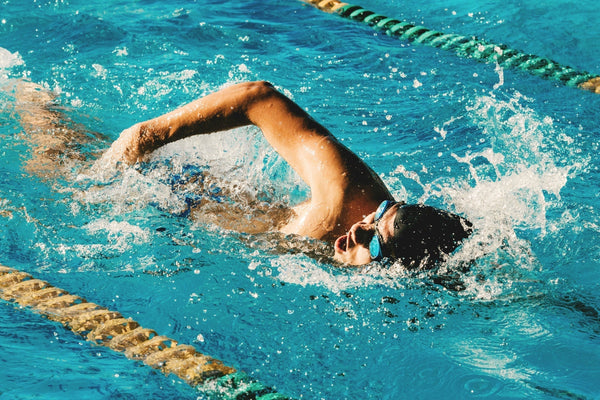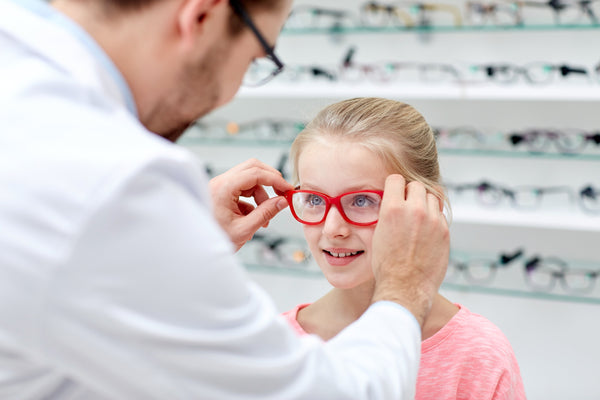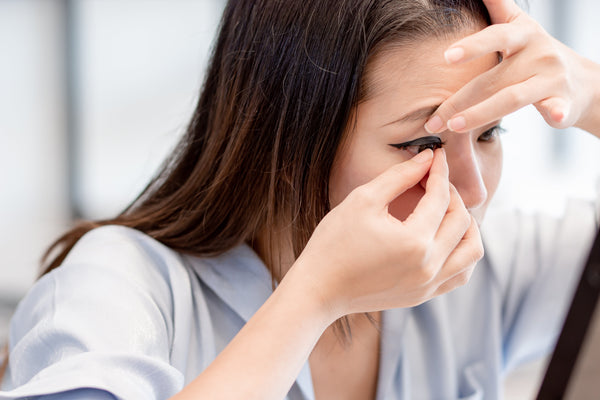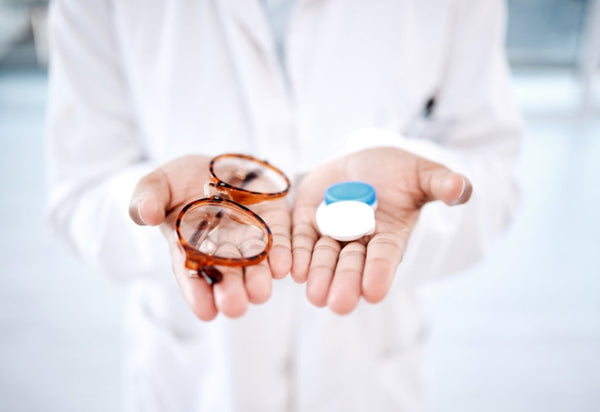
As we head into a long Bank Holiday weekend, many of us will undoubtedly be using that time to tackle those odd jobs around the house.
But did you know that every year, over 30,000 eye injuries are caused by incidents related to DIY activities? [1]
Whether you're finally hanging that shelf you’ve been promising to put up for months, giving your living room a fresh coat of paint, or upcycling a chest of drawers, take a moment to consider your eyes before picking up your tools.
Common causes of DIY-related eye injuries
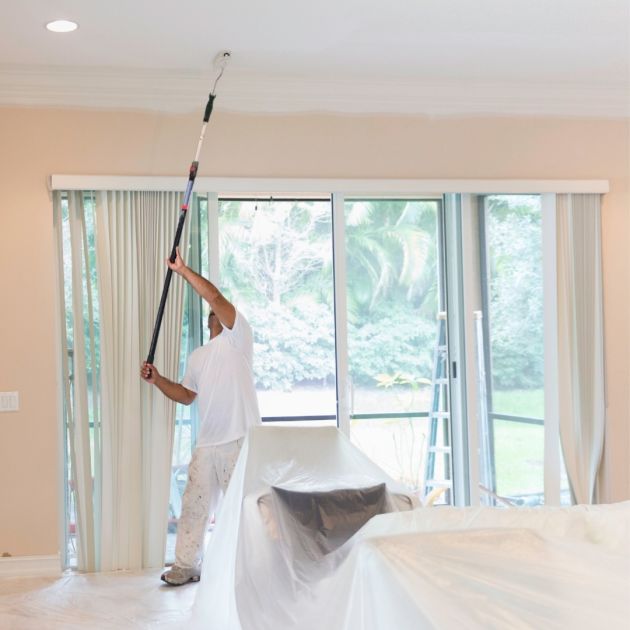
DIY-related eye injuries are more common than you might think and can happen at any time, even when tackling a seemingly minor task. Here are some of the most common causes of eye injuries and the risks they pose:
Tools and power tools: Drilling, chiselling and hammering can all create debris (wood, metal or dust particles) which can be sent flying, occasionally landing in your eye. Power tools like sanders or grinders accelerate these particles, turning them into tiny projectiles, which can cause significant damage if they end up in your eye!
Paint stripper: Hazardous chemicals from liquids such as paint stripper can easily come into contact with our eyes through splashes or by rubbing your eyes before washing your hands.
Ceiling painting: When painting a ceiling, the likelihood of paint dripping onto you is higher compared to painting walls, increasing the risk of paint droplets getting into your eyes.
Working with fibreglass: As the name suggests, fibreglass is made of very small particles that, if not handled correctly, can cause harm not only to your eyes but also to your respiratory system.
How can I prevent DIY-related eye injuries?
Many DIY-related eye injuries can be avoided by taking proper precautions. Here are our top tips for preventing eye injuries:
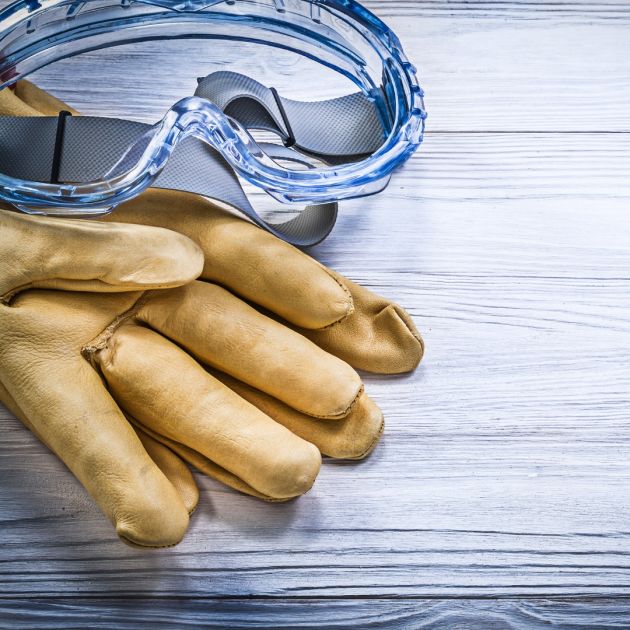
Wear safety gear: Consider wearing safety goggles, spectacles or a visor. At Leightons, we offer a range of safety eyewear that can be dispensed on private prescription, tailored to your specific task or line of work. Call us today or visit your nearest practice to find out more.
Assess your risks: Like with anything, planning is essential to ensure the job is done safely and correctly. Now we aren’t saying you need to carry out a full risk assessment before building a wardrobe, but a little consideration of potential risks before undertaking a task will certainly go a long way.
Ensure adequate lighting: This one should go without saying, but a well-lit working environment is essential for safety. It’s better to wait until tomorrow to finish that last little bit than it is to earn yourself a trip to A&E.
Avoid uncertain or complex tasks: Even if the YouTube tutorial made it look easy, if you don’t have specialist knowledge or the specific equipment needed, consider seeking assistance instead of risking an accident.
What to do in the event of an injury?
In the event of an eye injury, it is important to act promptly to minimise the risk of permanent vision damage. Here are some useful tips to know in case of emergency.
Chemical or fluid injury
If chemicals or fluids come into contact with your eye, the best course of action is to irrigate it with sterile saline. If saline is not immediately available, use running tap water for a significant length of time (at least 15 mins) to dilute the effect of the harmful chemical and seek urgent medical attention.
Dust or debris in the eye
For dust or debris lodged in your eye, irrigate with a sterile saline solution. If that's not accessible, use running tap water as soon as possible until the feeling subsides. DO NOT stick anything in the eye or try to remove the debris. If the irritation doesn’t subside with irrigation, seek expert advice.
Penetrating eye injury
If you have been using equipment where small particles may have been directed at your eye with some velocity and your eye is bleeding or leaking fluids, seek immediate attention at the A&E or an eye casualty department. Avoid covering or putting pressure on the eye or surrounding area until it has been assessed.
How can Leightons help?
While all eye injuries are distressing, not all of them require hospital treatment. If you experience an eye injury and are unsure of the appropriate action, Leightons offers a private emergency eye care service to guide you to the right treatment or assist with minor eye conditions.
Our service follows the eye emergency triage process during which a team member will complete a triage questionnaire with you which will then be reviewed by the Optometrist. A private urgent consultation can then be arranged, as appropriate, to examine your eyes. This includes full access to our high tech imaging and scans, to diagnose, manage and treat your condition, or assist with direct, tailored referral to the most appropriate specialist if required.
For more information or to book an emergency appointment, call our Dedicated Patient Support Team on 0800 40 20 20 or visit your nearest practice.
[1] https://www.visionmatters.org.uk/news/news/post/163-diy-eye-safety




